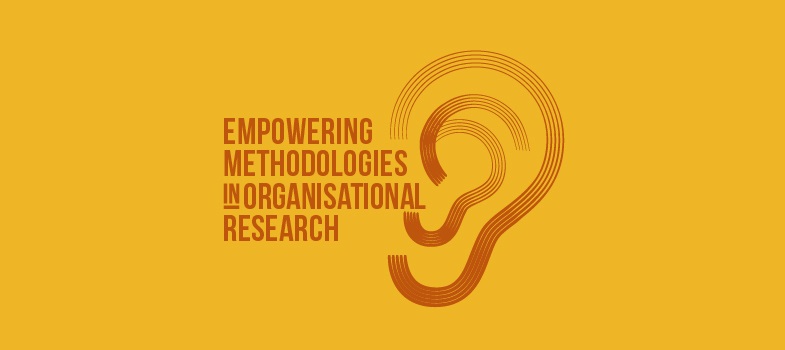Glossary
Browse the glossary using this index
Special | A | B | C | D | E | F | G | H | I | J | K | L | M | N | O | P | Q | R | S | T | U | V | W | X | Y | Z | ALL
P |
|---|
participant observationParticipant observation is a research method where the researcher observes the everyday lives and work of participants to understand how they make sense of them. This typically involves living and working with participants for extended periods. | |
positionalitiesSee positionality. | |
positionalityPositionality is a term used by qualitative researchers to reflect on the extent to which a researcher’s identity and lived experience enables sufficient identification with participants to enable meaningful engagement and shared understanding. | |
positivismPositivism is an epistemological perspective that is aligned with the scientific method. It is associated with a realist ontology and deductive theory-building through the empirical testing of hypotheses in order to produce objective knowledge that is presumed to be generalisable. | |
positivistSee positivism. | |
postcolonialSee postcolonialism. | |
postcolonialismPostcolonialism is the process of (re)building sovereignty and self-governance after colonial rule (see also colonialism). | |
post-positivismPost-positivism refers to a group of methodological and theoretical perspectives that reject the logic of positivism as a basis for human inquiry. | |
post-positivistSee post-positivism. | |
For further information, take a look at our frequently asked questions which may give you the support you need.
If you have any concerns about anything on this site please get in contact with us here.
